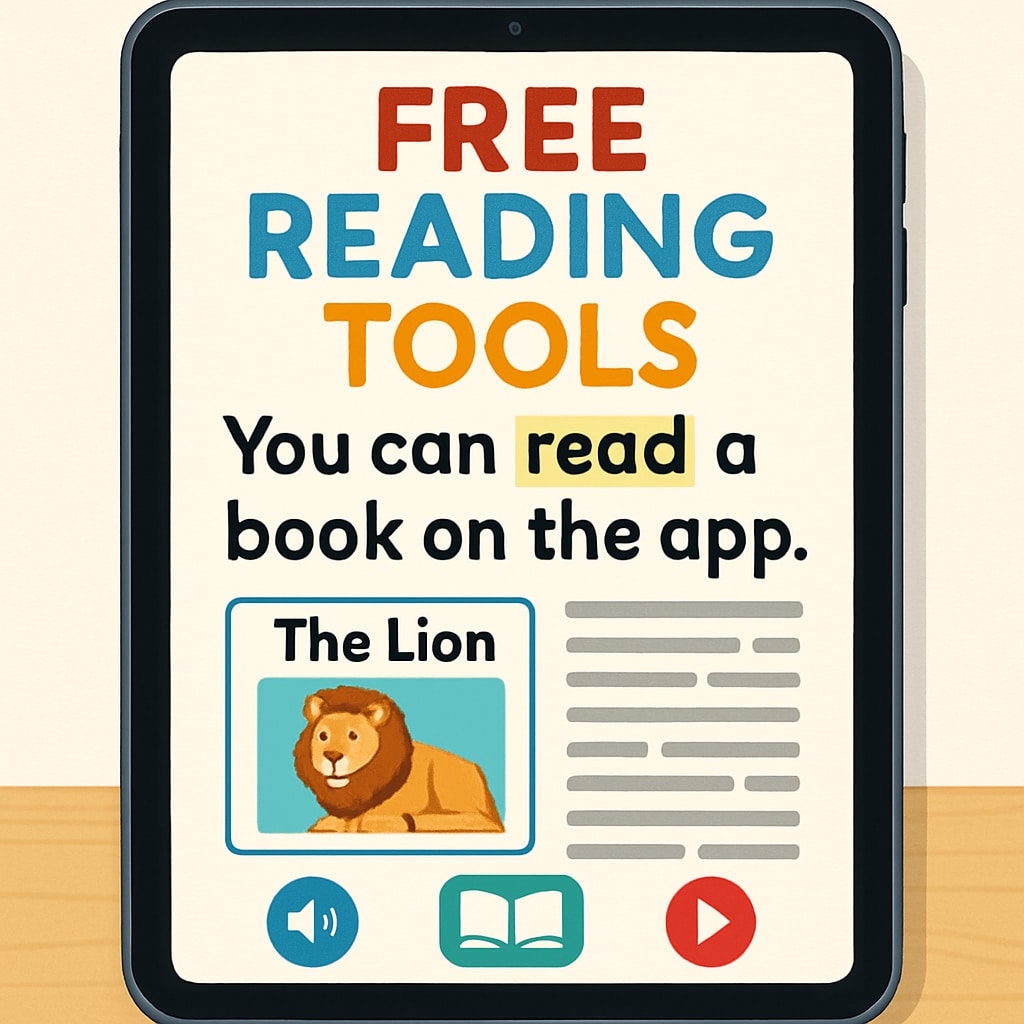As the traditional A.R. point system (Accelerated Reader) continues to be a popular choice for evaluating reading comprehension, some educators and parents are searching for free alternatives. These tools aim to balance effective reading assessments with the excitement of fostering a genuine love for reading. In this article, we explore several free options that can replace the A.R. system, offering engaging and accessible ways to support fourth graders in developing their reading skills and interest.
Why Look Beyond the A.R. Point System?
The A.R. point system is widely used for its structured approach to reading comprehension tests, but it is not without limitations. For instance, the system often requires paid subscriptions, limiting accessibility for some schools and families. Additionally, its focus on earning points can sometimes overshadow the joy of reading for pleasure. Free alternatives provide opportunities to reframe reading as an engaging and exploratory activity, rather than a task tied to external rewards.

Top Free Alternatives for Reading Comprehension Tests
Fortunately, there are several high-quality, free tools available for assessing reading comprehension. These resources not only evaluate students’ understanding but also encourage them to explore a variety of texts. Here are some of the best options:
- ReadTheory: This platform offers personalized reading comprehension exercises tailored to each student’s level. It provides instant feedback and progress tracking, making it an excellent A.R. alternative. Learn more about ReadTheory.
- CommonLit: CommonLit provides a library of free reading passages with accompanying questions. Teachers can assign texts based on themes, difficulty levels, or specific skills. Explore CommonLit here.
- Newsela: Newsela offers current event articles at different reading levels, allowing students to engage with real-world topics. Its quizzes assess comprehension while keeping content relevant and timely.
- Khan Academy Kids: Perfect for younger readers, this app includes interactive stories and comprehension activities that adapt to the learner’s pace.
These platforms ensure that students not only develop reading comprehension skills but also enjoy the process of discovering new ideas and narratives.
How Free Tools Foster a Love for Reading
Unlike systems that emphasize competition or point accumulation, free tools often prioritize student engagement and intrinsic motivation. Here’s how these alternatives enhance reading interest:
- Varied Content: Many free platforms provide access to diverse genres, from fiction to informational texts, allowing students to explore what interests them most.
- Interactive Features: Tools like gamified quizzes or multimedia resources make reading feel less like a chore and more like an adventure.
- Personalized Learning: Adaptive systems ensure that each student works at a comfortable pace, preventing frustration while promoting growth.

Implementing Free Alternatives in the Classroom
Integrating free reading comprehension tools into a classroom setting is straightforward. Here are some tips for teachers:
- Set Clear Goals: Define what you want to achieve—whether it’s improving vocabulary, enhancing critical thinking, or encouraging a love for reading.
- Blend Approaches: Use free tools alongside traditional methods, such as group discussions or creative projects, to diversify learning experiences.
- Track Progress: Many platforms provide analytics to monitor student performance, helping you identify areas for improvement.
By combining these strategies with free tools, teachers can create a more holistic and enjoyable reading program.
Conclusion: Balancing Assessment and Engagement
Finding effective, free alternatives to the A.R. point system is not only possible but also beneficial for fostering reading enthusiasm among fourth graders. Platforms like ReadTheory, CommonLit, and Newsela provide excellent resources for comprehension assessment while keeping students motivated and engaged. By embracing these tools, educators and parents can nurture a lifelong love for reading while ensuring academic growth.
In today’s digital age, the possibilities are endless. With the right approach, reading comprehension testing can go hand in hand with building excitement and curiosity about the written word.


